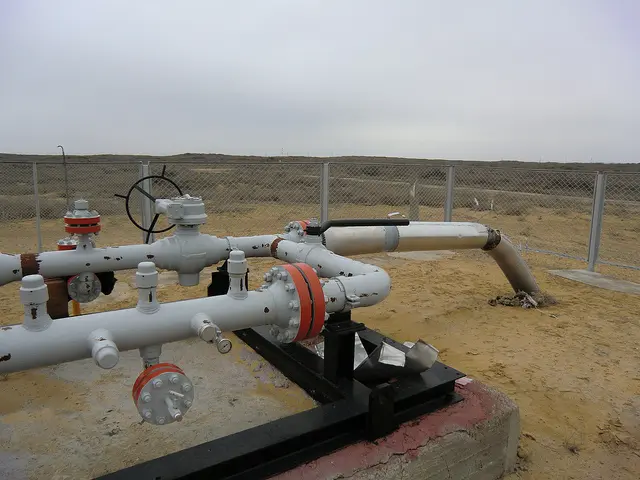Despite the tentative March 13 agreement between the European Commission and Gazprom on the liberalization of gas markets in Central and Eastern Europe, it is still premature to declare an end to the Russian energy giant’s dominance in the region. In its statement of promises, Gazprom pledges to remove destination clauses in its long-term contracts barring the re-exporting of excess gas imports, to renegotiate pricing to reflect spot hubs in Western Europe, and to drop its refusal to allow virtual gas transfers along the Gazprom-dominated transit pipelines. However, Gazprom’s behavior would depend on the political will of its clients to directly challenge it amid its allegedly receding market power in Europe amid greater competition, liquidity, and supply sources.
In anticipation of future competition, changing market dynamics in Europe, the limited success of Gazprom’s pivoting to China, and the phasing out of long-term contracts, Gazprom has followed through with a strategy of doubling down on Europe and securing its future market share by launching Nord Stream II and Turkish Stream. In doing so, the Russian gas giant is enacting a “pincer” strategy aimed at eliminating the need for the gas to transit through Ukraine. This would remove the transit risk based on political quarrels between Russia and Ukraine. What’s wrong with that you might ask? Well, there is more to Gazprom’s strategy than meets the eye write Martin Vladimirov and Sijbren de Jong for the Atlantic Council.
The full article can be read here.
The article was also quoted by Forbes Magazine and featured by the Kyiv Post, Euractiv, Oilprice.com and Raam op Rusland; a Dutch platform looking at Russia’s position in the world; and by The Morning Vertical, Radio Free Europe’s daily Russia briefing.
A Polish language commentary based on the article was made by Polish news website Biznes Alert.
Photo credit: Thawt Hawthje via Foter.com / CC BY






